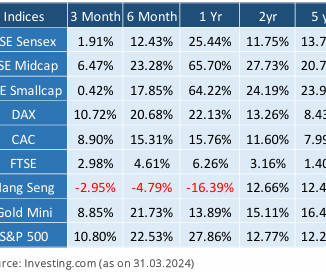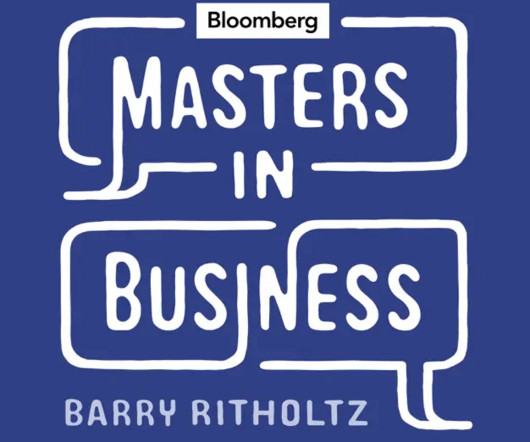Strategic Update – Q4 2023
Discipline Funds
NOVEMBER 8, 2023
The financial markets are especially jittery during periods like this because there is so much uncertainty about the future impact of policy and economic activity. This is best seen in the Discipline Index Benchmark which shows the level of risk in the financial markets over time.












Let's personalize your content